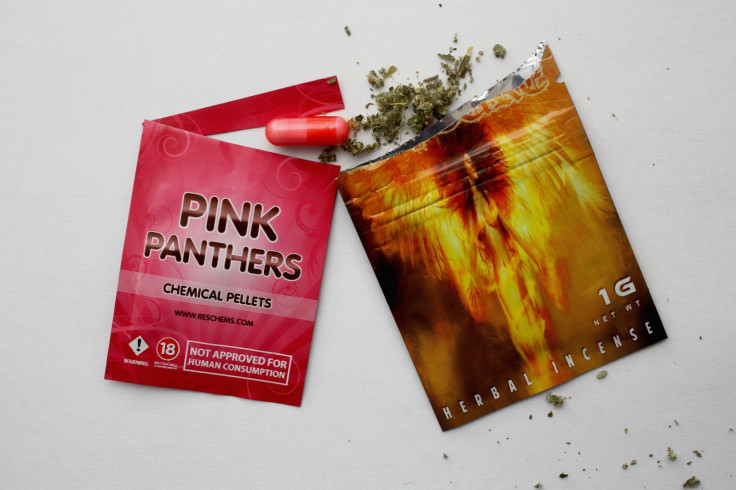Legal highs: Dealers face seven years in jail under new UK laws

People found selling so-called legal highs could face up to seven years in jail under the government's new legislation against psychoactive drugs.
Under the new laws, people found dealing or producing drugs such as nitrous oxide - the drug recently described as "hippy crack" in the press - or other party drugs such as amyl nitrate (poppers), will face conviction under the Psychoactive Substances Bill.
The new legislation will also crack down on the websites and high street shops which sell legal highs.
Under previous rules, legal highs were made illegal on a case by case basis, such as the classification of previously legal substances like mephedrone (M-Cat).
The new legislation is focusing on stopping the production and sale of legal highs, so currently there is no personal possession offence.
Policing minister Mike Penning said: "The landmark Bill will fundamentally change the way we tackle new psychoactive substances - and put an end to the game of cat and mouse in which new drugs appear on the market more quickly than Government can identify and ban them."
The Home Office confirmed that selling nitrous oxide for legitimate food processing, medical and industrial purposes will not be affected by the ban. Personal possession will not be an offence under the new laws."
Rosanna O'Connor, a spokesperson for Public Health England, added: "The risks for users of new psychoactive substances can be particularly high especially when so little is known about their content, which can be dangerous and in some cases lead to death. A ban would aim to reduce the easy availability of these substances, but we also crucially need to continue to focus on preventing and treating the harms that they can cause."
Professor David Nutt, the Government's former chief drugs adviser, described the new laws as "utterly pointless".
He said: "It will make no difference. People will just go back to cocaine and heroin... It is an extraordinarily simplistic and retrograde step. It won't reduce harms, it may well increase harms."
© Copyright IBTimes 2025. All rights reserved.






















